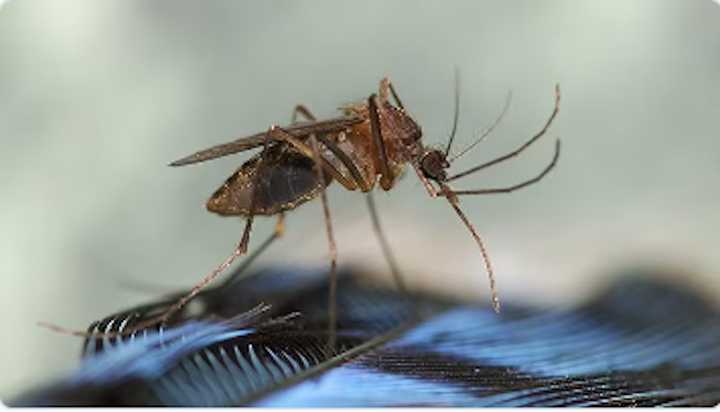In Ulster County, the New York State Department of Health confirmed that a resident was hospitalized after testing positive for eastern equine encephalitis virus (EEE), the agency announced Friday, Sept. 20.
It marks the first human case of EEE in New York State since 2015. The Ulster County Department of Health is investigating.
State Health Commissioner Dr. James McDonald called eastern equine encephalitis “a serious and fatal” disease with no vaccine.
“Mosquito’s, once a nuisance, are now a threat. It’s important that we prevent mosquito bites using insect repellants, wearing long sleeve clothing and removing free standing water near our homes,” McDonald said.
“Even though temperatures are getting cooler, mosquito-borne illnesses are still a risk and New Yorkers must be cautious.”
EEE has also been confirmed in several other states this year, including New Jersey, Massachusetts, Vermont, and Rhode Island.
In August, officials confirmed that a 41-year-old man from Hempstead, New Hampshire, died after contracting EEE. He had been hospitalized with the illness.
It marked the first human case of EEE in New Hampshire since 2014.
The disease is spread by infected mosquitoes that can affect both people and horses. People of all ages are susceptible, but those over 50 and younger than 15 face a higher risk of infection, officials said.
While most people bitten by an infected mosquito will not develop symptoms, severe cases may begin with the sudden onset of headache, high fever, chills, and vomiting.
The illness can then progress into disorientation, seizures, encephalitis (inflammation of the brain), and coma
Approximately one-third of patients who develop EEE die, according to the Department of Health. Many patients who survive experience neurologic impairment.
As there is no commercially available human vaccine for the disease, health officials said the best protection is preventing mosquito bites. They recommended the following precautions:
- Consider wearing long sleeves and tucking pants into socks and shirts into pants when outdoors at dusk or dawn, the time of day when mosquitoes are most active.
- Use insect repellents containing DEET. More information on repellents can be found here. Be sure to follow the insect repellent label directions. Children should not handle repellents directly. Instead, adults should apply repellents to their hands first and then gently spread them on the child's exposed skin. Avoid applying directly to children's hands. After returning indoors, wash your child's treated skin and clothing with soap and water or bathe the child.
- Make sure there are screens in the windows and doors of the home. Make sure the screens are free of rips, tears and holes.
- Eliminate all standing water in yards and around the home and property where mosquitoes can breed, including plastic containers, pool covers, wading pools, ceramic pots, clogged drainpipes and wheelbarrows. Also, change water in bird baths twice a week.
You can find more information on eastern equine encephalitis on the New York State Department of Health website.
Click here to follow Daily Voice Wynantskill and receive free news updates.
